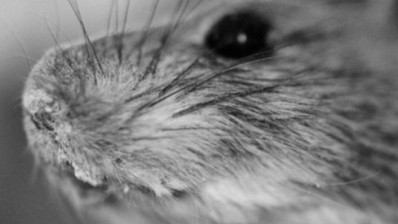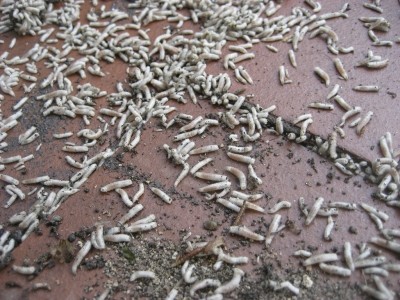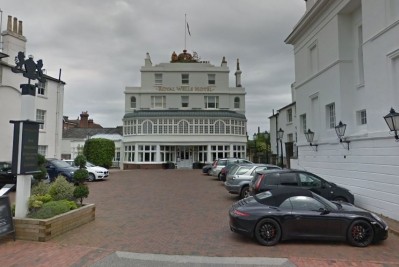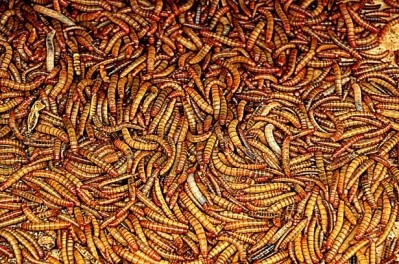July's pub pest infestations
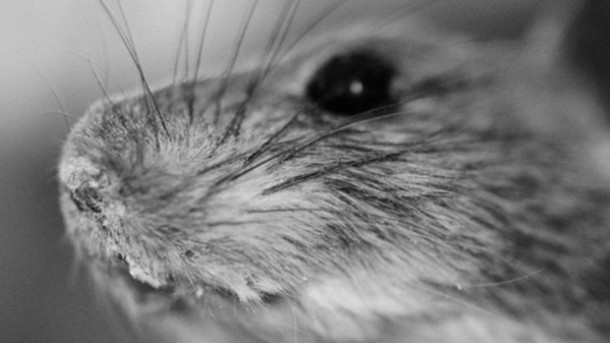
Rats were found in pubs and their kitchens more than once but one pub had an issue with pests from bins nearby.
The owners of one Essex pub were fined more than £42,000 and prevented from selling food after rats were found nesting in its kitchen.
One inspector described the conditions in the kitchen at the Red Lion in Chelmsford as “one of the worst that I have seen in my 30-year career”.
Rats were found nesting under the fridge-freezer, holes had been gnawed under the kitchen doors and fresh rodent droppings were also seen on the site.
Officers found accumulated dirt on the floor, pipework, walls, chopping boards and around the wash basin where no soap was available.
The pub did remain closed voluntarily until the case was brought to Chelmsford Magistrates’ Court earlier in the month (20 July).
The court heard that there had been attempts to clean the kitchen and remove pests but due to holes in the walls and doors, it was still highly accessible to rodents and, therefore, not fit to reopen.
The Red Lion (Chelmsford) company was issued with a £32,000 fine, victim surcharge of £170 and costs of £509.
One of its directors, Ian Collins was personally fined an additional £10,000, had to pay a victim surcharge of £170 and costs of £509.
The Morning Advertiser tried to get in touch with the Red Lion (Chelmsford) company and pub but was unable to find anyone able to comment.
Rats in the kitchen
Another pub company that appeared in court after being found to be in violation for four hygiene safety standards was Shepherd Neame.
The company was ordered to pay almost £170,000 in fines and court fees after the Royal Wells Hotel in Tunbridge Wells, was investigated by the local council in June last year after a complaint was received about rats in the kitchen.
Environmental health officers identified a widespread rat infestation and other failings that posed a risk to food safety during a number of visits to the Kent site.
The council recommended the pub should be closed immediately so Shepherd Neame voluntarily shut the kitchen for four days and has since replaced the management team at the site.
The pubco said: “This incident should not have happened and we have done everything within our power to ensure it will not happen again.
“We have undertaken a thorough review of our systems and processes and the hotel also has a new management team.
“We have a hitherto unblemished hygiene record upon which we pride ourselves and which makes this incident all the more painful as a consequence.
“However, the Royal Wells has subsequently been rated satisfactory and we remain committed to working with the council to deliver the highest standards of customer experience.”
Meanwhile, a rat was filmed scuttling across a leather booth at a JD Wetherspoon (JDW) pub in Inverclyde, Scotland.
JDW spokesperson Eddie Gershon said the rodent had entered the James Watt, in Greenock, from the street due to nearby demolition work.
“A single rat literally walked in the open front door of the pub. The pub closed early at 10pm and the area was cleaned," said Gershon.
Preventing infestations
He added: “Our pest control team has been working at the pub and confirmed that there are no issues. They will return to check the situation again.
“The pub is open and trading as usual. We apologise to customers for any inconvenience caused.”
One JDW pub kitchen was forced to shut after ‘pests’, believed to be maggots, were found in nearby bins last week (26 July).
The Lord High Constable of England pub at Gloucester Docks closed its kitchen for several days after the vermin was found.
Gershon confirmed the incident but stressed that the pests were not associated with the pub.
He said: “We can confirm there was an issue at the pub, which resulted in the kitchen being temporarily closed for short periods to allow the pest control contractor to resolve the issue.”
A leading hygiene expert advised licensees that preventing rubbish build-ups and filling up gaps in walls and floors are just two ways to avoid pest infestations.
Anderson Food Hygiene managing director and food hygiene expert Sylvia Anderson said: “What we would recommend is for pub owners or landlords to take a preventative or proactive approach to pests rather than try to control a problem. The key is to prevent it in the first place.”
She also recommended that all staff are educated in basic cleaning and hygiene to help prevent any infestations happening and urged any licensees who were concerned about the likelihood of pest infestations to conduct an audit of their food safety.
Anderson added: “But sometimes, it is down to the actual pub landlord or owner and their team to ensure that an outbreak of pests doesn’t occur.
“If they are not following the simple preventative steps and don’t follow direction from an audit, such as ‘fill the gaps under doors’, then they will experience an outbreak.”
